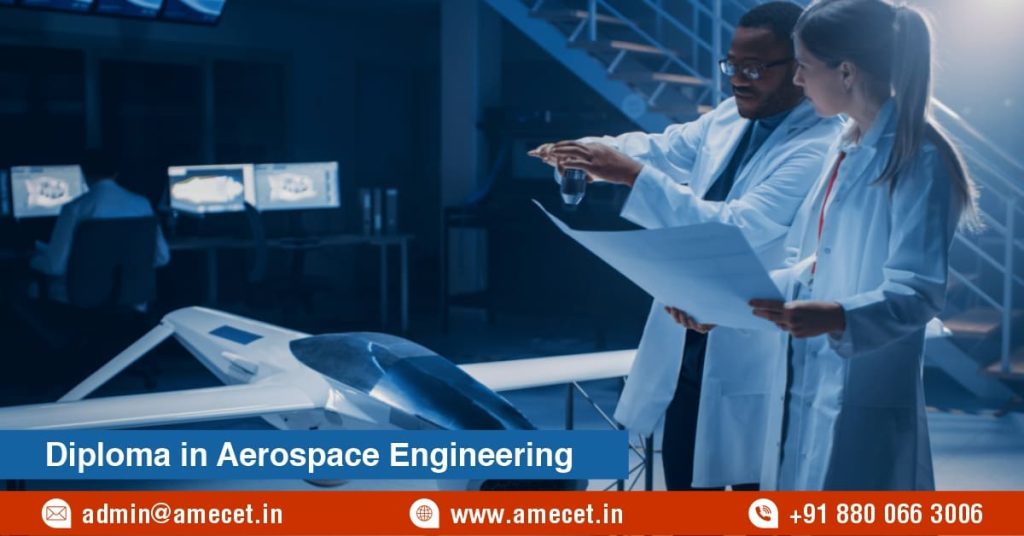What is a Diploma in Aerospace Engineering?
Posted on : 21 August, 2024 6:14 pm
A Diploma in Aerospace Engineering is a specialized program that provides essential training in the design, development, and maintenance of aircraft and spacecraft. It covers core areas such as aerodynamics, propulsion, and avionics, equipping students with practical skills and theoretical knowledge needed in the aerospace industry. The diploma offers a focused, hands-on approach to learning, preparing graduates for technical roles in aerospace companies, government agencies, and research institutions. It is a valuable credential for those seeking to enter or advance in the rapidly evolving field of aerospace engineering.
Program Structure and Duration
A Diploma in Aerospace Engineering typically spans 1 to 2 years, offering a structured curriculum designed to provide essential aerospace knowledge and skills. The program includes a combination of theoretical coursework and practical training. Core subjects cover aerodynamics, propulsion systems, and avionics, while hands-on projects and lab work ensure practical application of concepts. This condensed yet comprehensive format prepares students efficiently for entry into the aerospace industry.
Points:
- Duration: Usually 1 to 2 years.
- Core Subjects: Includes aerodynamics, propulsion, and avionics.
- Theoretical Coursework: Covers fundamental aerospace engineering principles.
- Practical Training: Hands-on projects and lab work.
- Technical Labs: Facilities for practical application of skills.
- Project Work: Real-world engineering problems and solutions.
- Industry-Relevant Content: Focuses on current aerospace technologies.
- Program Flexibility: May offer part-time or full-time options.
A Diploma in Aerospace Engineering equips students with a range of valuable skills crucial for the aerospace industry. Graduates gain technical proficiency in aircraft systems, design, and maintenance, as well as expertise in using simulation tools and diagnostic equipment. Additionally, they develop problem-solving abilities, analytical skills, and teamwork capabilities, preparing them for diverse roles in aerospace engineering and related fields.
Points:
- Technical Proficiency: Expertise in aircraft systems and components.
- Design Skills: Understanding of aerospace design principles.
- Maintenance Knowledge: Skills in aircraft upkeep and repair.
- Simulation Tools: Ability to use engineering software for modeling.
- Diagnostic Skills: Proficiency in troubleshooting and problem-solving.
- Analytical Abilities: Capacity to analyze complex engineering problems.
- Teamwork: Experience in collaborating on engineering projects.
- Project Management: Skills in managing and executing engineering tasks.
Admission Requirements
To enroll in a Diploma in Aerospace Engineering, candidates typically need a high school diploma or equivalent with a strong background in mathematics and science. Some programs may require specific grades or standardized test scores. Applicants might also need to submit letters of recommendation, a personal statement, and possibly attend an interview. Meeting these requirements ensures that students have the foundational knowledge and motivation necessary for success in the program.
Points:
- High School Diploma: Required or equivalent qualification.
- Mathematics Proficiency: Strong background in math subjects.
- Science Knowledge: Foundation in physics and other sciences.
- Standardized Test Scores: Possible requirement for entry.
- Grades: Minimum grade requirements may apply.
- Letters of Recommendation: Required from educators or professionals.
- Personal Statement: Essay outlining interest and goals.
- Interview: Potential for an interview to assess suitability.

